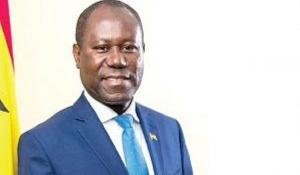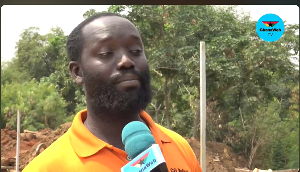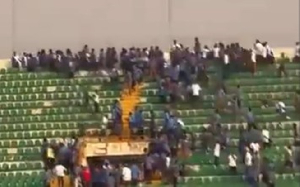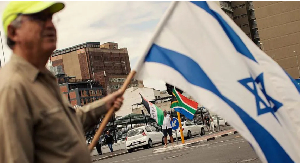Ghana Cocoa Board (COCOBOD) has debunked former president Mahama's assertions that government has refused to increase the price of the product.
COCOBOD argued that since 2017 the world prices of cocoa has dropped on the world market and ordinarily the producer price should drop but the board has maintained the price at what they met it.
“It is unfortunate that the former President would want to incite cocoa farmers using the producer price when he knows world market price of cocoa is at a record low,” COCOBOD CEO, Joseph Aidoo, said in a statement.
“Specifically, Mr. Mahama told a gathering of NDC supporters in the Western Region that the current government and COCOBOD Management have deliberately refused to increase the producer price of cocoa, which according to him should be increased each year, ” it added.
The Board argued that “In justifying it, he used the historical changes in the currency exchange, alluding that with the dollar exchange rate moving from GH¢3.9 in 2016 to GH¢5 in 2018, there should have been an automatic upward adjustment of the producer price of cocoa.”
The COCOBOD head explained that other factors such as the world price of the commodity are essential in determining the producer price.
COCOBOD also said claims by Mahama that fertilisers that the NDC paid for which should be freely distributed to the farmers but are being sold while some have been left to rot is false.
“Let it be refuted once again that no fertilizers were paid for, neither were any monies left in the accounts of COCOBD for fertilizers as at January 1, 2017,” COCOBOD stressed.
According to them, the current management of COCOBOD had to secure a loan from the World Bank to take delivery of fertilisers for the 2016/2017 crop year “way after April 2017”.
“The fact of the matter is that the annual syndicated facility of $1.8 billion for the 2016/2017 crop year whose drawn-down started in October 2016 had been completely disbursed on December 31, 2016 without making any reservation whatsoever in the accounts of COCOBOD for fertilizers and chemical inputs.”
“In any case, per COCOBOD ought policy, fertilizers and chemicals to be tested or verified upon delivery before payment. The 2016/2017 fertilizers started arriving in the country in April 2017 when the NDC was long out of office. And so, why and how then did they pay for fertilizers that have not been delivered let alone to be certified,” they quizzed.
“Further on fertilizers, it is factually incorrect that fertilizers have been left across the country to expire. Indeed, the organic fertilizers which are the subject of issue ordinarily are the best but unfamiliar to our farmers.
“Upon discovery that patronage was low, Management with the approval of the Board of Directors decided to assist farmers operating pollinated farms with the organic fertilizers months before their expiration,” the statement added.
Business News of Tuesday, 15 January 2019
Source: thefinderonline.com













